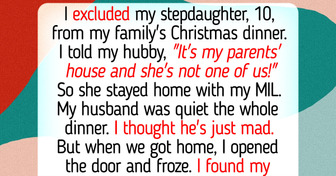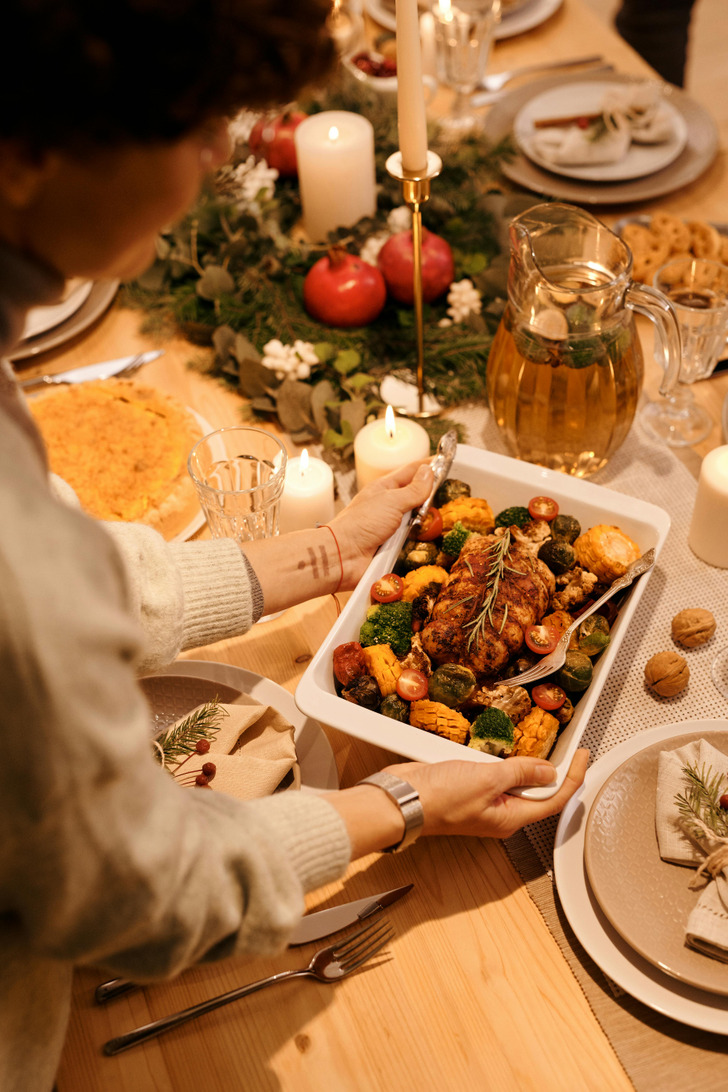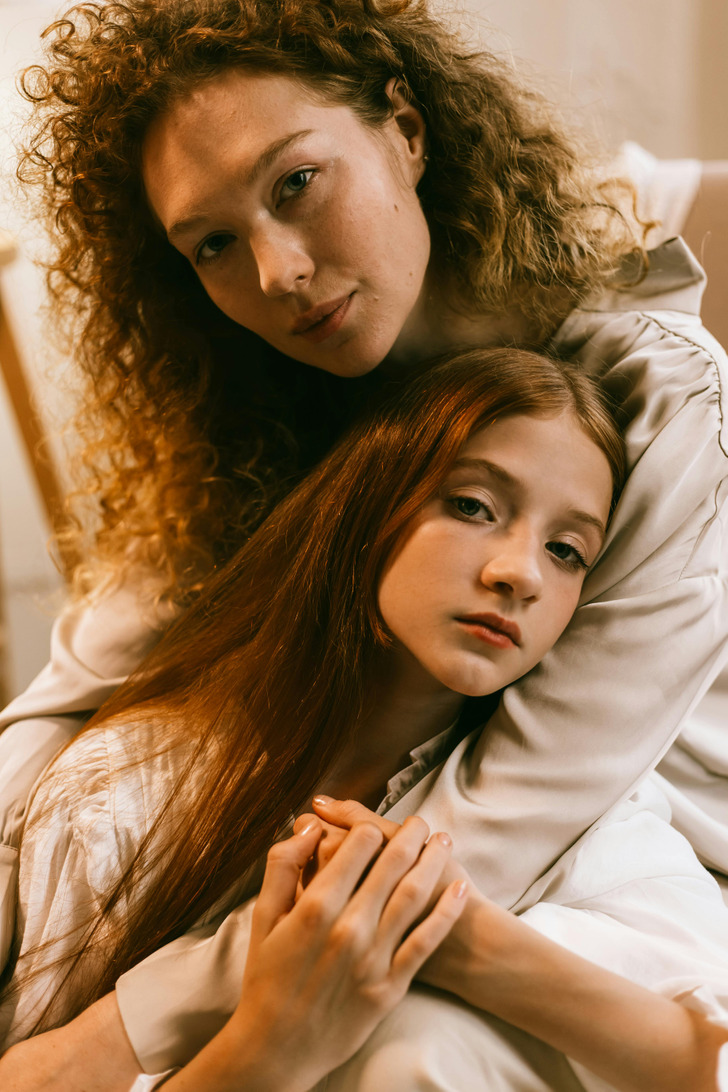No, ask her why she wants to spend Christmas with people she is mean to and doesn't like. Also, get her cousiling.
I Told My Daughter She Couldn’t Join Us for Christmas—The 2 AM Call I Got Was Beyond Terrifying
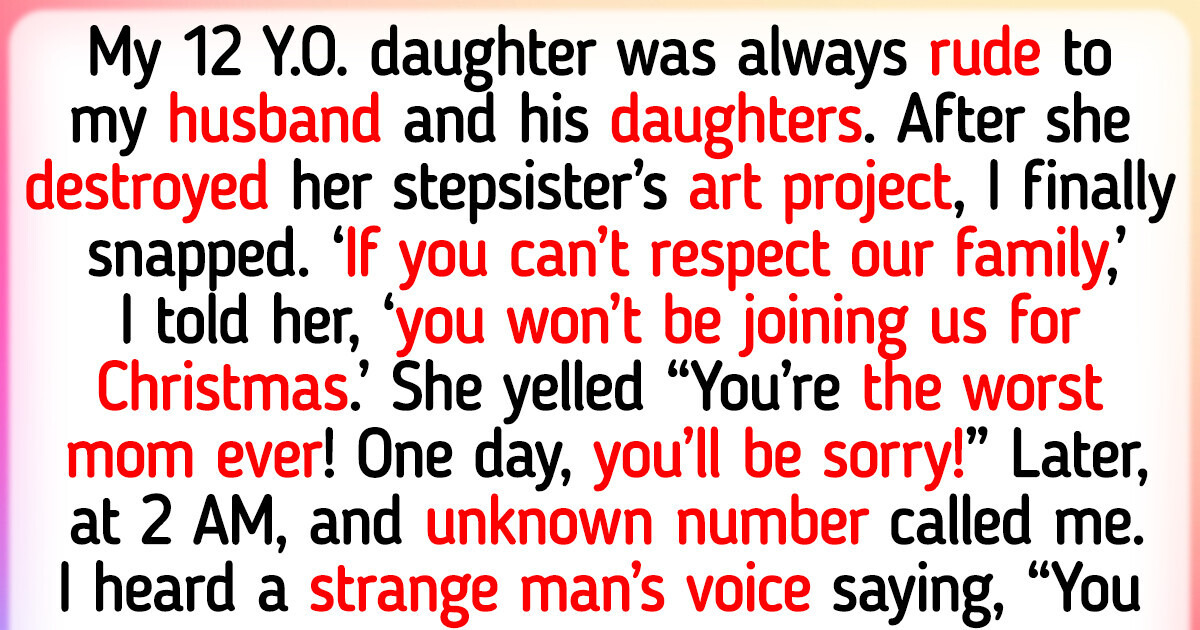
Blending families can be challenging, especially when children struggle to adjust to new dynamics. In this emotional story, a mother grapples with a difficult decision after her 12-year-old daughter repeatedly disrespects her husband and stepdaughters. When the tension reaches a boiling point, the mother makes a bold choice to exclude her daughter from Christmas celebrations, igniting a series of dramatic events that involve hurt feelings, a mysterious phone call in the middle of the night, and a divided family. Here's her side of the story:

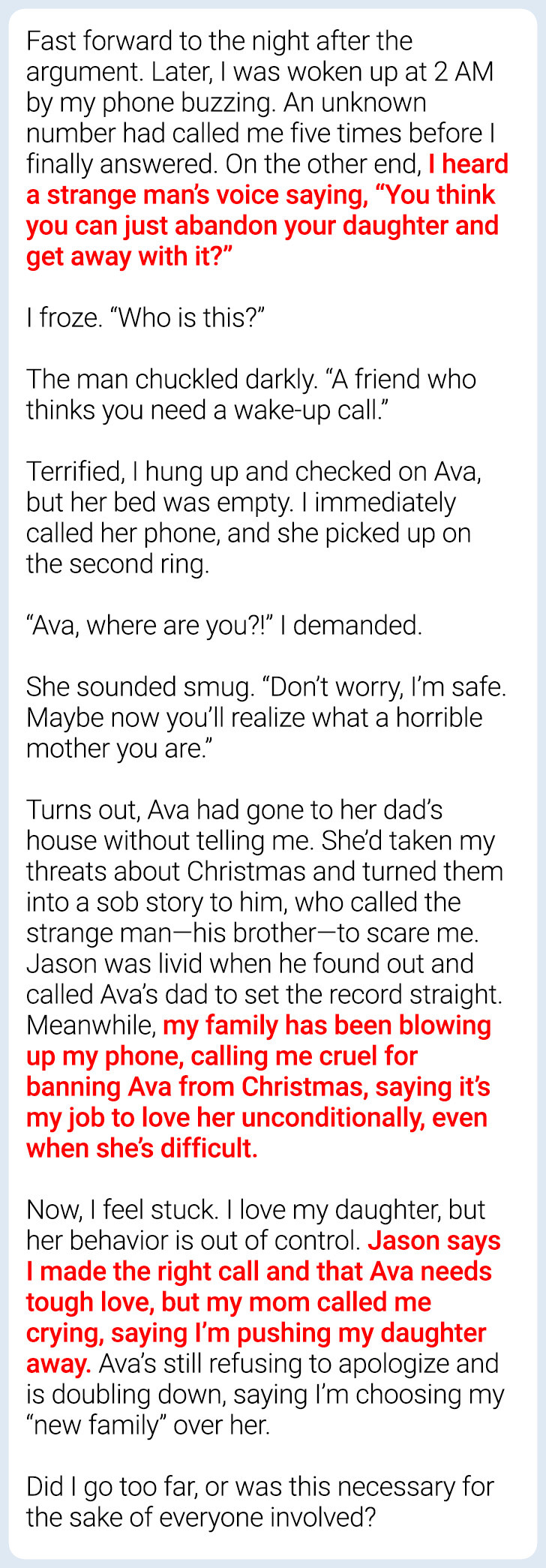
Blended families bring both joy and challenges and Naomi, your letter is a testament to the complexities that come with navigating such dynamics. You’re at a crossroads between standing firm for your household's peace and nurturing your bond with your daughter, Ava. Let’s unpack this together because you are not alone in feeling torn.
Understand Ava’s pain
Naomi, Ava’s behavior, while unacceptable, stems from deep-seated emotions. Her rudeness, refusal to connect with Jason and his daughters, and destructive actions could signal that she feels displaced in your new family dynamic. At 12, Ava is at an age where emotions run high and the fear of losing her mother's undivided attention can manifest as hostility. She is navigating changes that might feel out of her control, and her actions could reflect her attempt to regain some sense of stability. Even though her behavior is hurtful, it’s likely rooted in her struggle to accept these changes. Her hostility is a mask for her pain, and as her mother, your guidance will be essential in helping her work through it.
When she lashed out at Emily and destroyed her art project, she wasn’t just acting out; she was crying for help. Her comment about leaving the family reveals her own insecurity, one she doesn’t yet have the tools to express calmly. As difficult as it is to endure, Ava’s defiance is her way of testing boundaries and seeking reassurance of your love. Understanding this can be a starting point for addressing her actions with empathy while still holding her accountable.
Boundaries are necessary
Naomi, setting boundaries is vital—not just for Ava, but for the entire family. Allowing Ava’s behavior to persist unchecked could teach her that disrespect and aggression are acceptable coping mechanisms. Your decision to confront her and implement consequences shows that you’re committed to teaching her accountability. Boundaries provide structure, and Ava needs to know that her actions have consequences to help her grow into a responsible and respectful individual.
However, banning her from Christmas might feel like too harsh a punishment for her age and circumstances. Holidays symbolize love, unity, and second chances. By excluding her, even temporarily, you risk reinforcing the idea that she doesn’t belong. Instead, this could have been a chance to bring her closer to the family, perhaps by finding a meaningful way for her to repair the harm caused.
This is an opportunity to set clear, fair, and consistent rules for how everyone in the household should treat each other. Boundaries are most effective when they are paired with love and understanding. Balancing discipline with support is challenging but necessary for Ava to feel both safe and accountable for her actions.
The role of communication
Ava’s decision to run to her father and involve his brother in a terrifying late-night phone call is alarming, Naomi. It’s a stark reminder that communication, even in moments of discipline, must remain firm but compassionate. Instead of presenting the ban as a punishment, framing it as a temporary reset for everyone involved could have eased tensions. For example, letting Ava know that Christmas would include steps toward reconciliation might have softened the blow.
Clear communication also means listening. This is also a chance to engage Ava in open conversations about her feelings. Ask her what she finds challenging about the blended family. Let her vent, even if her words are hard to hear. By showing her that her voice matters, you might encourage her to engage more constructively with the family.
Open communication could also involve the entire family. Sitting down together to discuss expectations, feelings, and hopes for the future might foster understanding among all members. Building bridges takes time, but creating a space for everyone to express themselves openly is a crucial step toward unity.
The importance of balancing love and discipline
Naomi, we agree with Jason that Ava’s behavior requires tough love. But “tough love” shouldn’t eclipse unconditional love. Children test their parents, but deep down, they need reassurance that their actions won’t diminish their worth in your eyes. Ava’s actions, while hurtful, are likely a plea for attention and understanding. Tough love should guide her, not push her further away.
A middle ground might be necessary. Perhaps Ava doesn’t need to miss Christmas entirely, but she could have earned her participation by taking steps toward accountability, such as apologizing to Emily or writing a letter about how her actions impacted the family. This approach combines the firmness of consequences with the hope of reconciliation, teaching Ava that repairing relationships is part of personal growth.
It’s also essential to show Ava that love and discipline can coexist. She needs to know that your love for her is unwavering, even as you enforce rules. This balance will help her feel secure while also understanding the importance of respect and empathy within the family.
Your family needs healing, not division
It’s easy to feel like the world is taking sides, Naomi, but don’t let external opinions cloud your intentions. You love your daughter, and you’re doing your best to balance her needs with the well-being of your entire family. This is not about choosing your “new family” over Ava; it’s about creating a peaceful and inclusive environment for everyone. Your situation is delicate, but it’s also an opportunity to rebuild trust and strengthen bonds.
Remember, Jason, Emily, and Lily are also navigating this transition, and they deserve to feel safe and respected in their own home. The key is finding solutions that address Ava’s behavior without alienating her. The focus should remain on healing and growth rather than punishment and resentment. With patience and compassion, you can foster an environment where everyone feels valued and supported.
Love is the strongest bond
Naomi, your story is one of love, resilience, and the complexities of motherhood. While your decision came from a place of frustration and hurt, it’s not too late to pivot toward reconciliation. Let Ava know that your actions, while firm, come from a place of love and a desire to see her grow into a kind and compassionate individual. Taking small steps toward rebuilding trust can make a big difference for both Ava and the rest of your family.
Blended families take time, patience, and understanding. With open communication, consistent boundaries, and a willingness to listen and adapt, you can create a home where everyone feels valued. Christmas could become an opportunity for healing—a reminder that love is a gift we give unconditionally, even when it’s tested. Your family’s journey won’t be perfect, but every step toward unity is a victory worth celebrating.
While this family’s Christmas plans spiral into chaos, discover how other cultures around the world celebrate the holiday in ways that might surprise you. From unconventional meals to unexpected customs, you won't believe these festive traditions! Read more.
Comments
Tell the little brat she can stay with her Dad..they both sound like winners.
Ava sounds like a terrible kid.
Related Reads
10 Stories That Prove Kindness Is What Makes the World Go Round
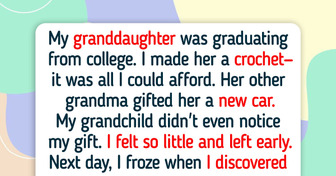
17 Moments That Prove Kindness Is a Superpower in Casual Outfit

10 Moments That Prove Kindness Still Wins in an Unfair World

18 Stories That Prove Your Gut Feeling Is Actually a Superpower You Shouldn’t Ignore

15 Moments That Inspire Us to Keep Our Kindness, Even When the World Gets Heavy
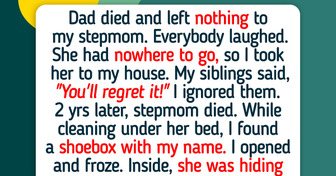
12 Moments That Prove Kindness Is More Powerful Than Anything Else
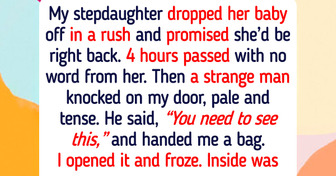
I Was Denied Remote Work Despite My High-Risk Pregnancy

I Refuse to Let My Daughter Treat My Home Like Her Business, I’m Not Her Personal Maid

11 Moments That Prove Quiet Kindness Still Changes Everything

I Cut Off My Son for Not Wanting Kids—He Made Me Regret Every Word
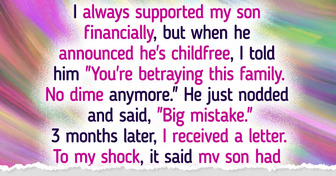
I Refuse to Work With the Boss Who Destroyed My Career —Or Keep My Mouth Shut

18 Moments That Prove Kindness Is the Thread That Holds the World Together
